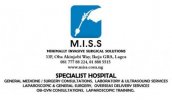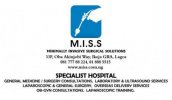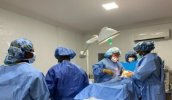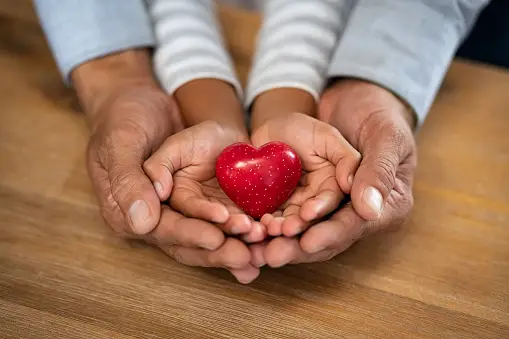What is IVF?
In Vitro Fertilization is an assisted reproductive technology (ART) commonly referred to as IVF. IVF is the process of fertilization by extracting eggs, retrieving a sperm sample, and then manually combining an egg and sperm in a laboratory dish. The embryo(s) is then transferred to the uterus.
Who needs IVF?
Although its original intention was to treat women with tubal disease, in-vitro fertilization (IVF) can help couples overcome various types of infertility. For some diagnoses or conditions, such as tubal factors, IVF may be the first-line treatment. In other cases, IVF may be recommended only if simpler treatment fails.
IVF can be used to treat infertility in the following patients:
- Blocked or damaged fallopian tubes
- Male factor infertility including decreased sperm count or sperm motility
- Women with ovulation disorders, premature ovarian failure, uterine fibroids
- Women who have had their fallopian tubes removed
- Individuals with a genetic disorder
- Unexplained infertility
IVF Procedure
- Fertility medications are prescribed to stimulate egg production. Multiple eggs are desired because some eggs will not develop or fertilize after retrieval. A transvaginal ultrasound is used to examine the ovaries, and blood test samples are taken to check hormone levels.
- Eggs are retrieved through a minor surgical procedure that uses ultrasound imaging to guide a hollow needle through the pelvic cavity to remove the eggs. Medication is provided to reduce and remove potential discomfort.
- The male is asked to produce a sample of sperm, which is prepared for combining with the eggs.
- In a process called insemination, the sperm and eggs are mixed together and stored in a laboratory dish to encourage fertilization. In some cases where there is a lower probability of fertilization, intracytoplasmic sperm injection (ICSI) may be used. Through this procedure, a single sperm is injected directly into the egg in an attempt to achieve fertilization. The eggs are monitored to confirm that fertilization and cell division are taking place. Once this occurs, the fertilized eggs are considered embryos.
- The embryos are usually transferred into the woman’s uterus three to five days following egg retrieval and fertilization. A catheter or small tube is inserted into the uterus to transfer the embryos. This procedure is painless for most women, although some may experience mild cramping. If the procedure is successful, implantation typically occurs around six to ten days following egg retrieval.
How to Choose IVF Centre?
Before you get started on your search for a fertility clinic, find out what kind of tests or procedures you may need down the road. When it’s time to choose a clinic, do thorough research ahead of time. It has the success rates of fertility centres around the country. The statistics are updated every few years, so check the date.
IVF Clinics in Nigeria
There are a lot of fertility clinics in Nigeria, check here for their list.
IVF Success Factors
Considering in vitro fertilization (IVF)? Then it’s important to learn about IVF success factors that can help or hinder your chances of getting pregnant below
- Age
- Previous pregnancy
- Type of fertility problems
- Use of donor eggs
- Lifestyle habits
- The Fertility clinic
Keep in mind that some clinics are more willing to accept patients with a lower chance of IVF success or they may specialize in particular treatments.
Natural Cycle IVF
Natural Cycle IVF is in vitro fertilisation using either of the following procedures: IVF without the use of any ovarian hyperstimulation drugs. IVF using an ovarian hyperstimulation protocol with a GnRH antagonist for ovulation suppression, generally with gonadotropins as well.
IVF cost in Nigeria
The number of cycles is another vital factor that should be considered when calculating the cost of your IVF treatment. For example, at Nordica, a reputable IVF centre in the country, the cost ranges from N870, 000 to N1, 760, 000 depending on the number of cycles. Check here to find out more.
IVF cycle (hyperstimulation)
Ovarian hyperstimulation syndrome affects women taking injectable hormone medications to stimulate the development of eggs in the ovaries. This may occur in women undergoing in vitro fertilization (IVF), ovulation induction or intrauterine insemination.
Sperm donation
Sperm donation is the provision by a man of his sperm, principally for it to be used in the artificial insemination of a woman or women who are not his sexual partners for the purpose of achieving a pregnancy.
IVF embryo (blastocyst)
References
- American Pregnancy. IVF. Accessed on 27th September 2018
- WebMD. Choosing a Fertility Clinic. Accessed on 27th September 2018










Comments